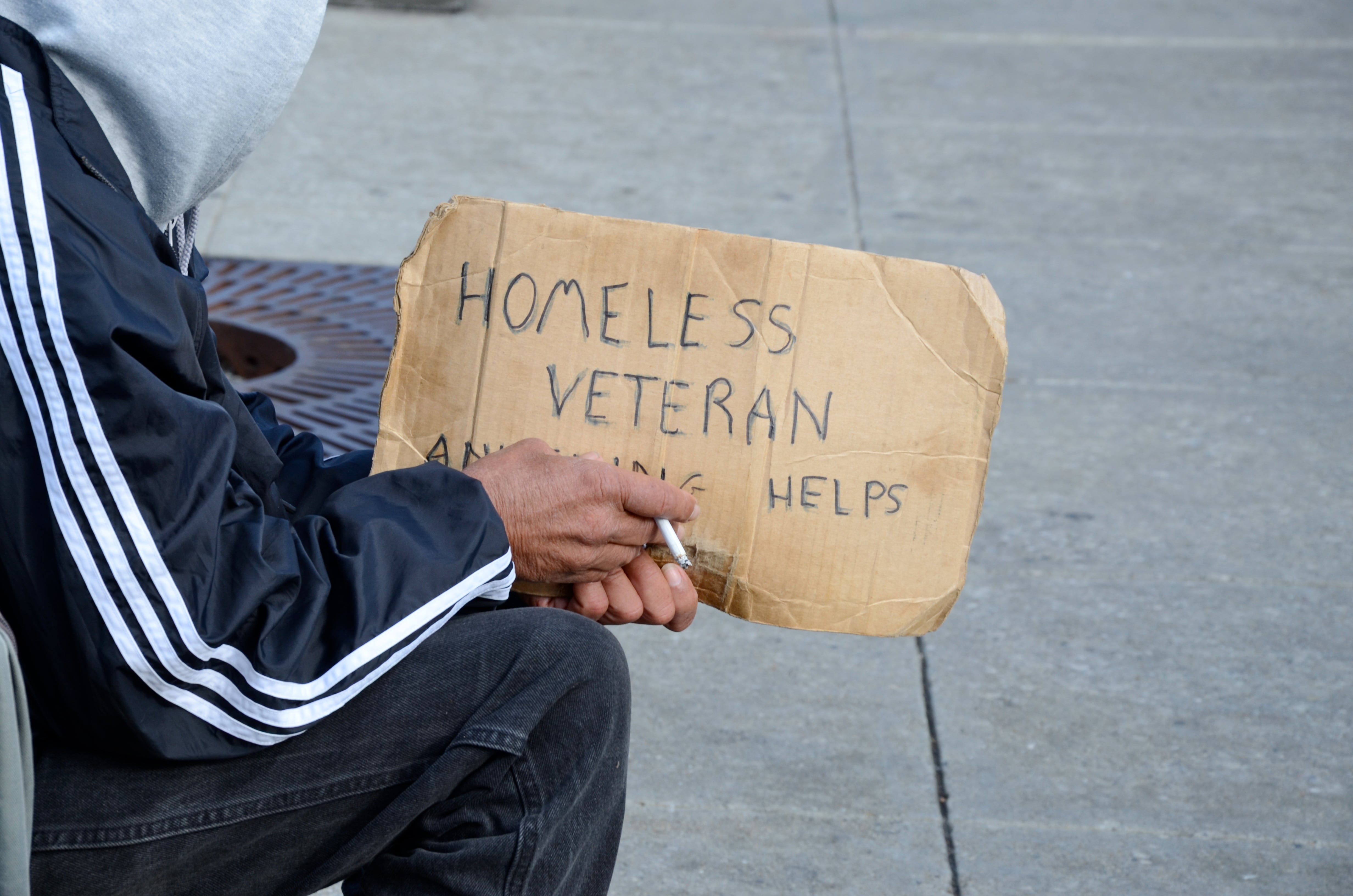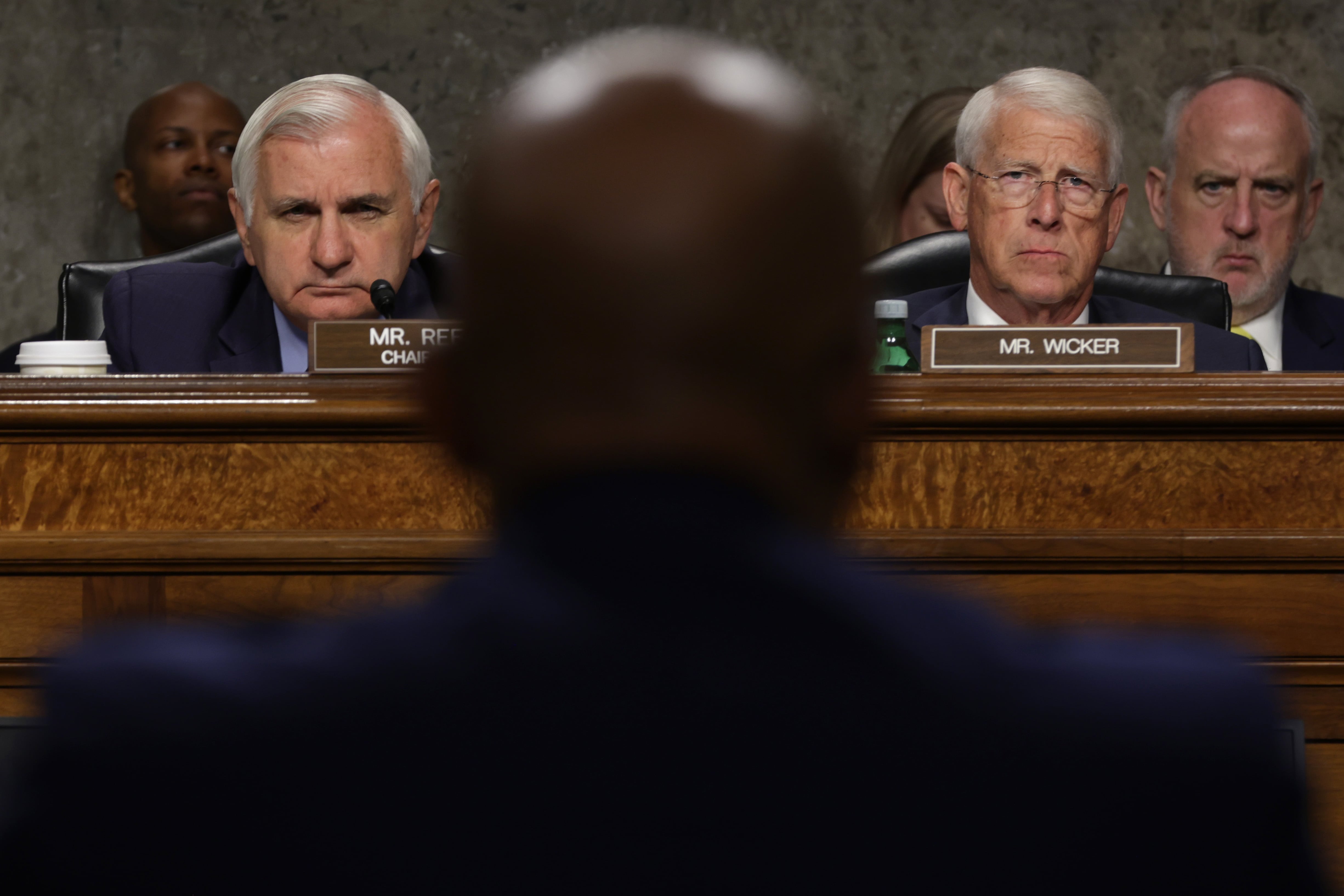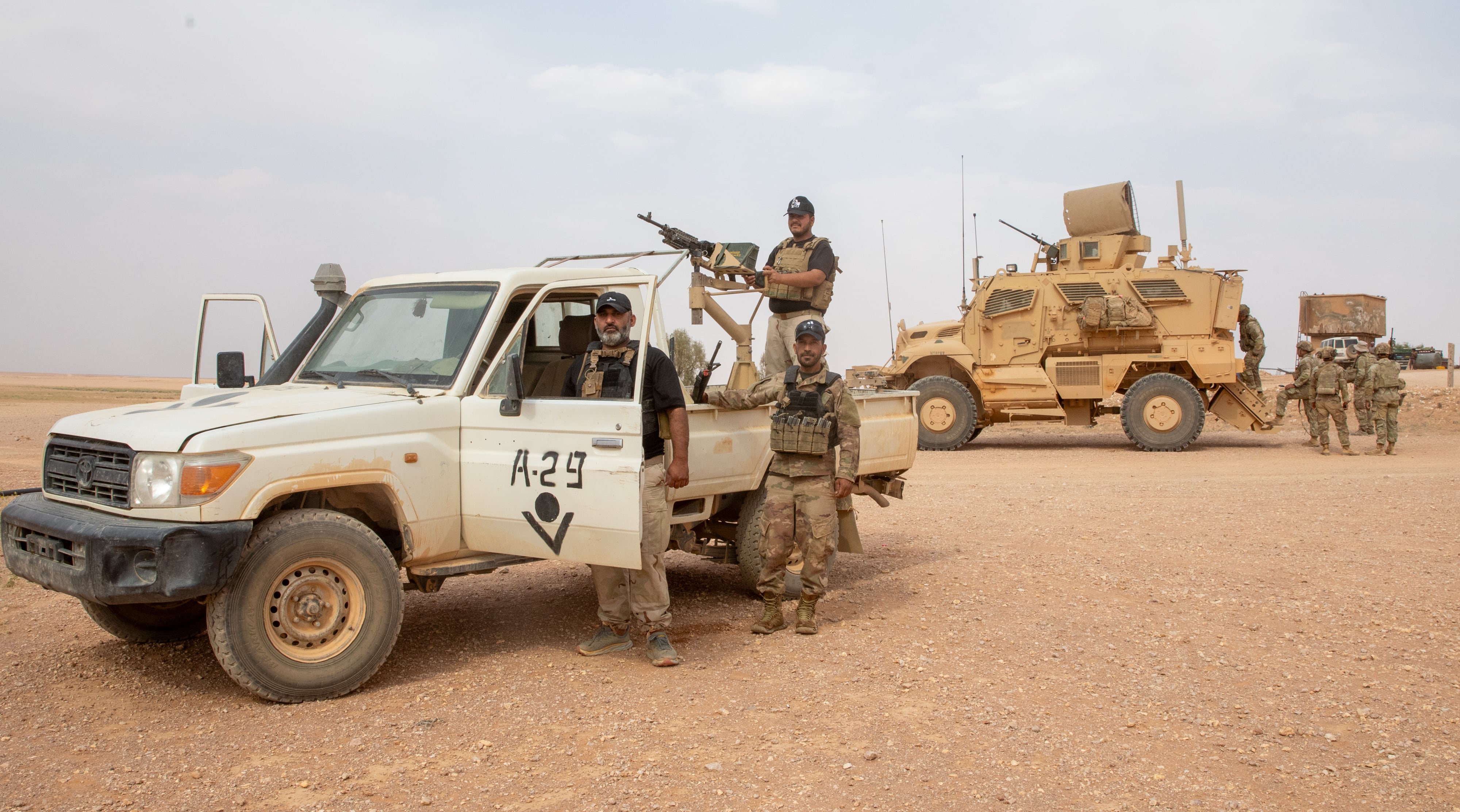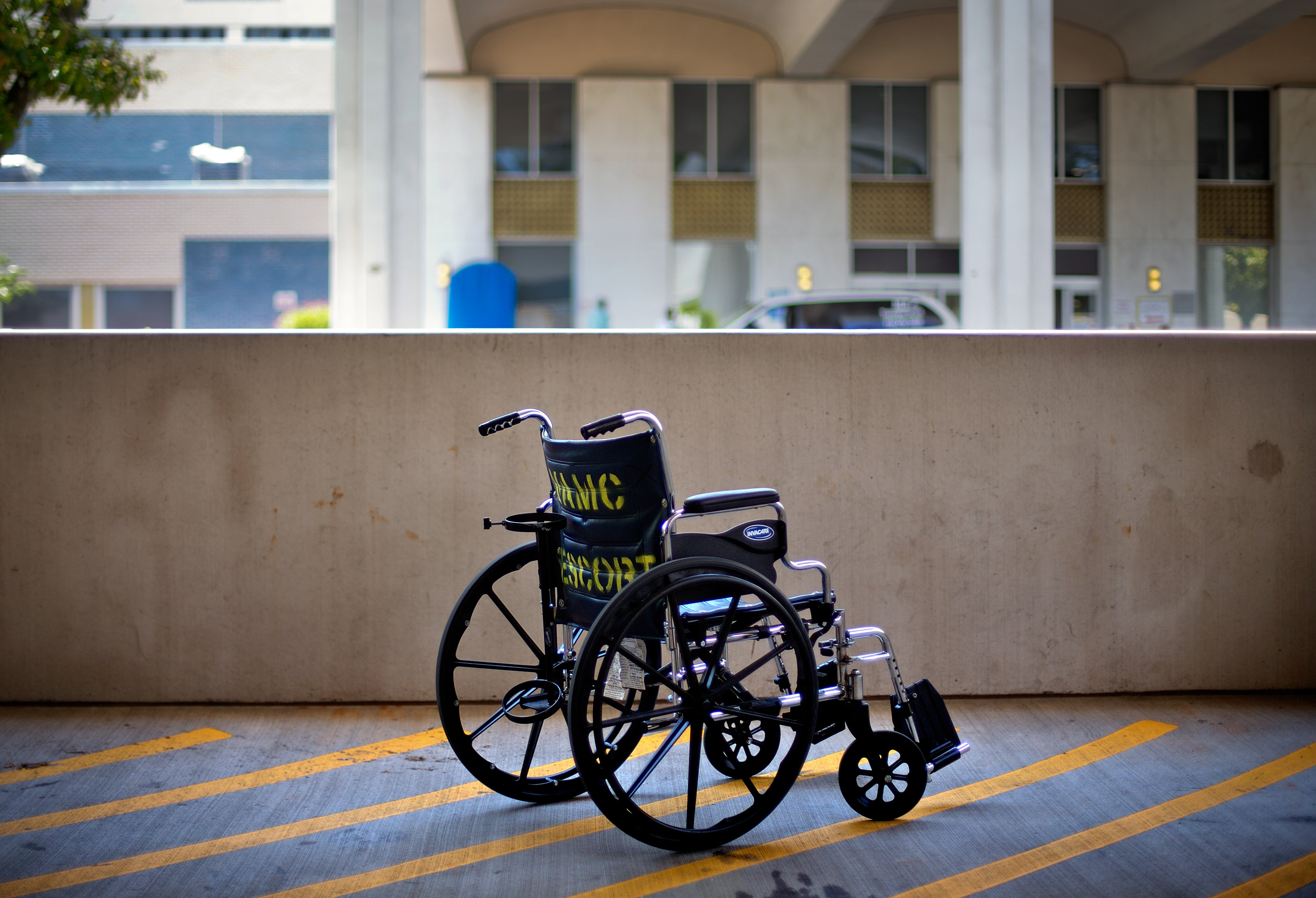ALEXANDRIA, Va. — A defense contractor that supplied interrogators to the notorious Abu Ghraib prison in Iraq argued Friday that it can't be sued for abuses that occurred there because its employees were working in tandem with military personnel whose judgment about conducting wartime operations shouldn't be questioned by a federal judge.
Four former inmates at Abu Ghraib sued a subsidiary of Arlington-based CACI International Inc. back in 2008, saying CACI employees conspired to torture them to soften them up for interrogations.
CACI has been seeking to have the case dismissed ever since, and the lawsuit has bounced around among trial judges and appellate courts on a variety of legal issues.
Friday's hearing centered on the "political questions doctrine," which says judges should not preside over intractable policy issues that are questions of politics, rather than questions of law.
CACI's lawyer argued Friday that the company can invoke that defense on behalf of its civilian contractors because they were working under the direct supervision of the military.
Lawyer John O'Connor said bringing the case to trial would "require the court to second guess sensitive military judgments."
Baher Azmy of the Center for Constitutional Rights, representing the four Iraqi men, said the evidence shows that CACI interrogators filled a vacuum in military leadership and took it upon themselves to order military police to torture detainees in advance of interrogations. He cited depositions given by military police who were court-martialed in the Abu Ghraib scandal, stating that CACI interrogators gave them specific instructions on how to soften up detainees.
"We're not questioning military judgments. We're seeking to enforce them," Azmy said, saying that the torture suffered by the four detainees is in clear violation of Army policy. The men allege that they were beaten, shocked, stripped naked and sexually assaulted, and suffered other forms of torture.
U.S. District Judge Gerald Bruce Lee, who heard Friday's arguments, said he will issue a written ruling at a later date.
Lee had previously rejected CACI's efforts to get the case tossed out under the political question doctrine. But in 2013 he dismissed the case on other grounds, saying there is no evidence in the case that any of the plaintiffs suffered injuries that could be directly attributed to any CACI personnel. CACI has already indicated it will make that same argument if the case progresses beyond the political question doctrine.
The 4th U.S. Circuit Court of Appeals in Richmond revived the lawsuit last year, and directed Lee to re-evaluate the political question issue.





